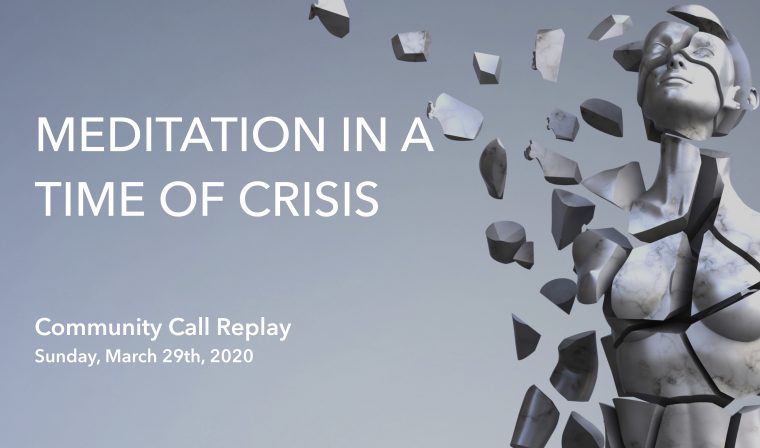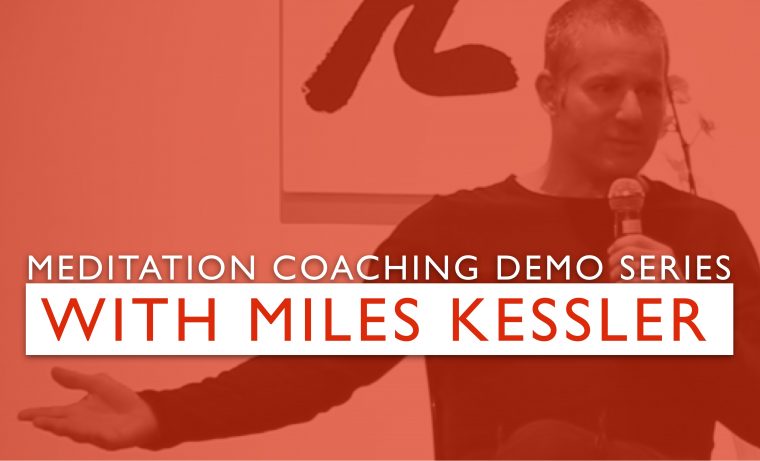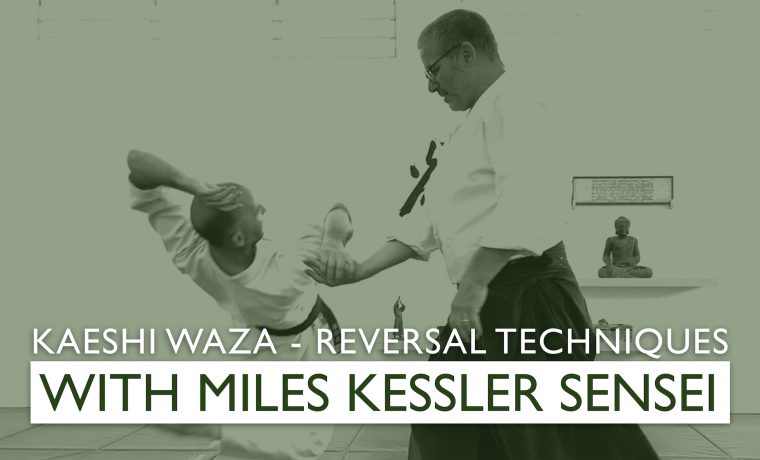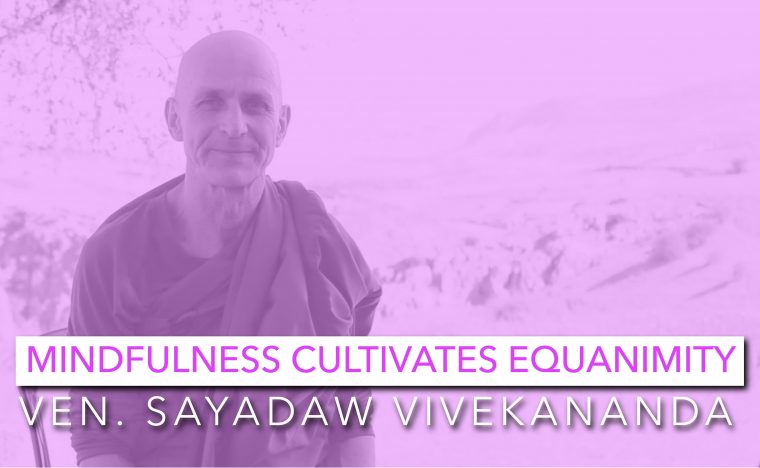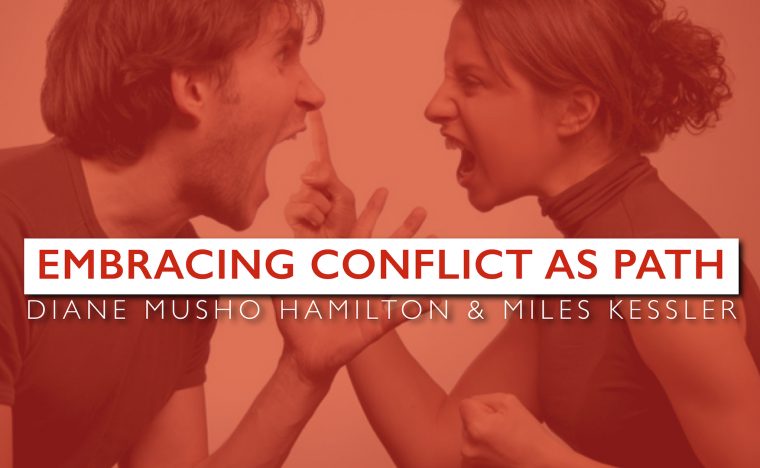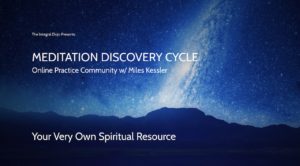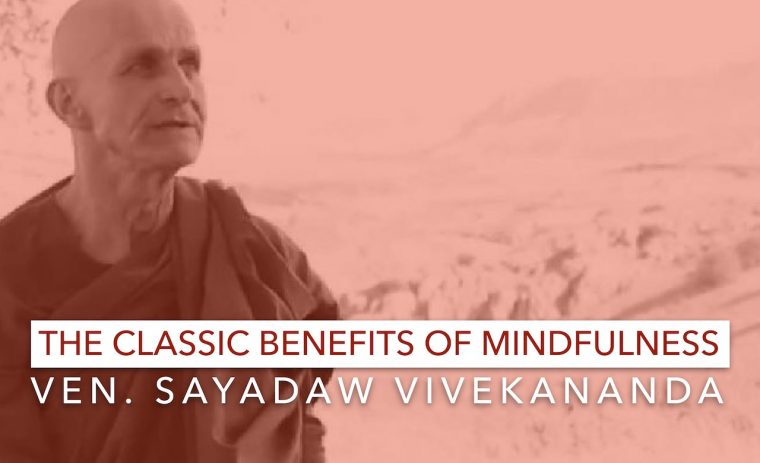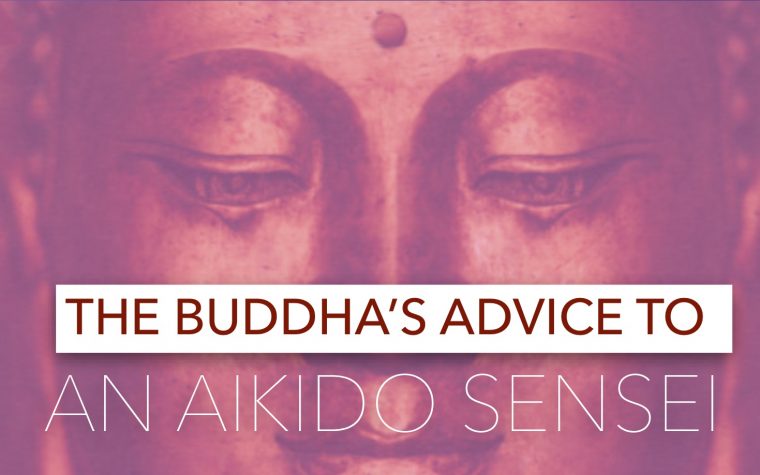With the whole world in lock-down and keeping social distance from each other, it is extremely supportive to get together to practice meditation. Last Sunday, March 29th, 2020 I gathered with our global meditation sangha for a 60 min workshop on how meditation can be an essential resource for you during these challenging times. In this community call we explored how Meditation supports you not only in ordinary times, but especially during the current Coronavirus and COVID-19 crisis. The session was aptly called “meditation in a time of crisis.”
